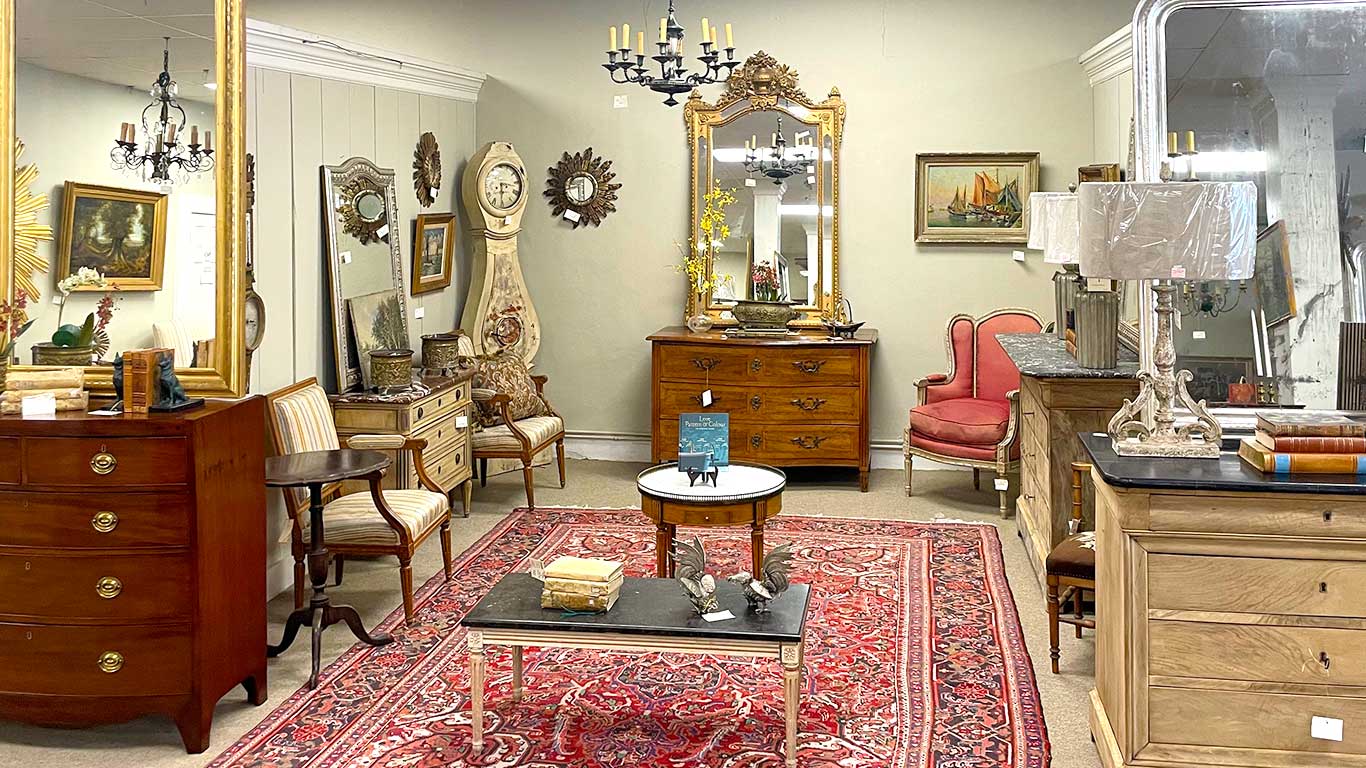Expert Tips for Buying Antique Furniture
Antique furniture carries with it a sense of history, craftsmanship, and character that modern pieces often lack. Each piece tells a unique story, making it a valuable addition to any home. However, buying antique furniture can be a challenging endeavor, as authenticity, condition, and value assessment require a keen eye and some specialized knowledge. Whether you’re a seasoned collector or a novice enthusiast, these expert tips will guide you through the process of buying antique furniture with confidence.
1. Educate Yourself
Before delving into the world of antique furniture, take the time to educate yourself about different styles, periods, and materials. Understanding the history of furniture design will help you recognize authentic pieces from replicas. Books, online resources, and even local museums can be great sources of information. You’ll want to familiarize yourself with key design eras like Queen Anne, Georgian, Victorian, and Arts and Crafts, among others.
2. Research Reputable Dealers
Choosing the right dealer is crucial when buying antique furniture. Look for dealers with a solid reputation and a history of dealing in genuine antique pieces. Reputable dealers often provide detailed information about the history and provenance of their items. Online reviews and recommendations from fellow collectors can also guide you towards trustworthy sources.
3. Inspect for Authenticity
Authenticity is a cornerstone of buying antique furniture. Examine the piece closely for signs of wear that would be consistent with its purported age. Look for dovetail joints, hand-cut nails, and signs of natural aging in the wood. Check for any labels, maker’s marks, or signatures, which can provide clues to the piece’s origin.
4. Assess Condition
Antique furniture is not always in perfect condition, but the level of wear should be appropriate for its age. Some wear and tear are expected, but be cautious of excessive damage or poor repairs. Restorations and repairs can impact the value of the piece, so it’s essential to know what you’re getting into before making a purchase.
5. Provenance Matters
The history of a piece, including its ownership and any documented provenance, can significantly impact its value. Furniture with a clear and well-documented history tends to be more desirable and valuable. Ask the dealer for any available documentation or historical information related to the piece.
6. Consider Functionality
While antique furniture can be exquisite, it should also be functional for your needs. Consider how the piece will fit into your living space and whether it will serve a practical purpose. Ensure that the dimensions, style, and functionality align with your preferences and requirements.
7. Price Realistically
Antique furniture comes with a wide range of price tags, depending on factors such as rarity, condition, and historical significance. It’s important to set a budget and do your research to understand the average price range for the type of piece you’re interested in. Keep in mind that exceptional pieces may command higher prices, but always ensure that the price reflects the quality and authenticity of the item.
8. Visit Antique Shows and Auctions
Antique shows and auctions are excellent opportunities to explore a wide variety of pieces and learn from experts. These events often feature diverse collections and offer a chance to interact with dealers and other collectors. Participating in auctions can be exhilarating, but it’s important to set a budget and stick to it to avoid getting caught up in the excitement and overspending.
9. Trust Your Instincts
When it comes to buying antique furniture, your intuition plays a role. If a piece feels right and resonates with you, it might be worth considering. However, always back your instincts with thorough research and expert opinions.
10. Seek Expert Advice
If you’re new to buying antique furniture, don’t hesitate to seek advice from experts or seasoned collectors and sites like Shopify. Consulting with knowledgeable individuals can provide you with valuable insights and prevent costly mistakes.
In conclusion, buying antique furniture can be a rewarding experience when approached with knowledge and care. Educate yourself, research reputable sources, thoroughly inspect pieces, and consider factors like authenticity, condition, provenance, and functionality. By following these expert tips, you’ll be well-equipped to make informed decisions and build a collection of timeless and valuable antique furniture.





